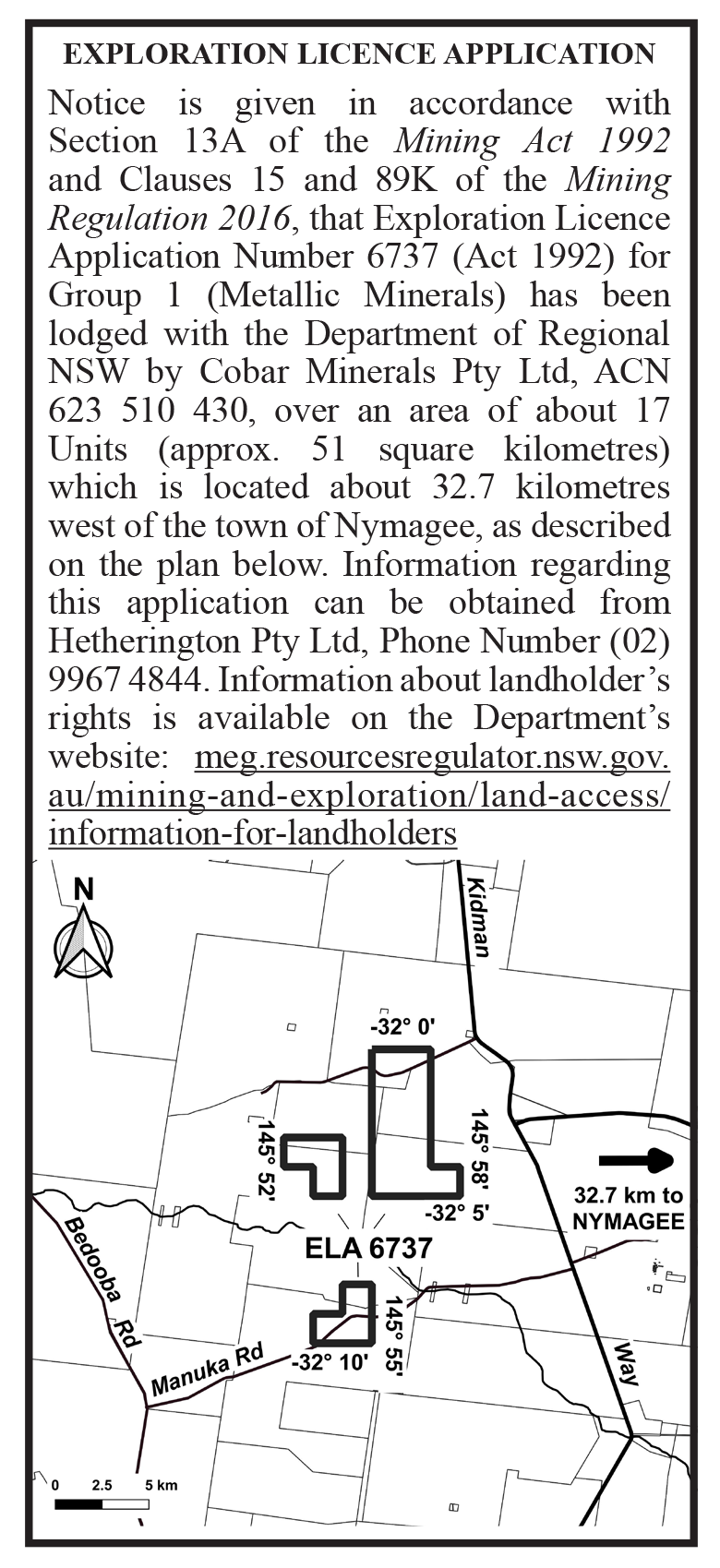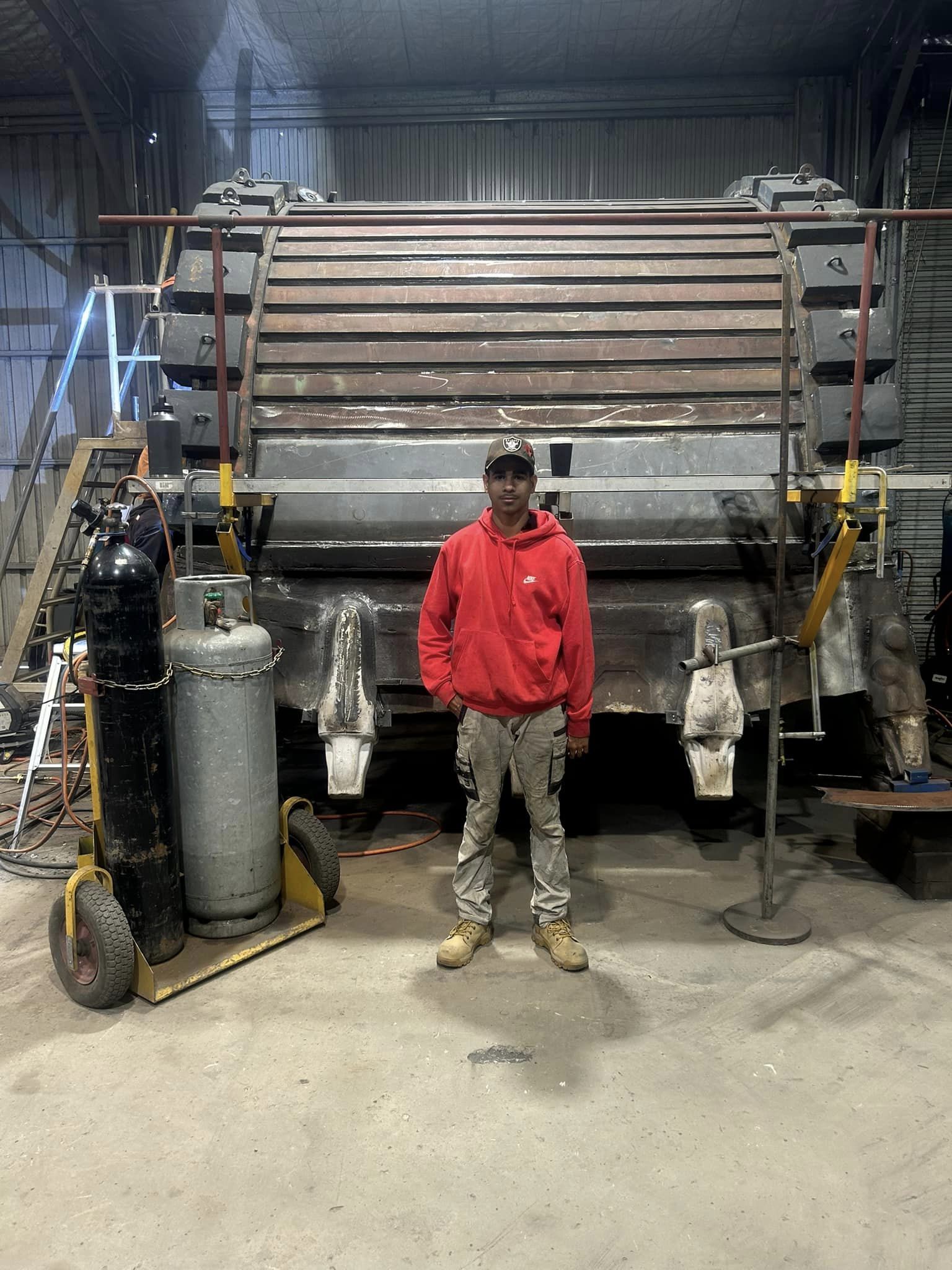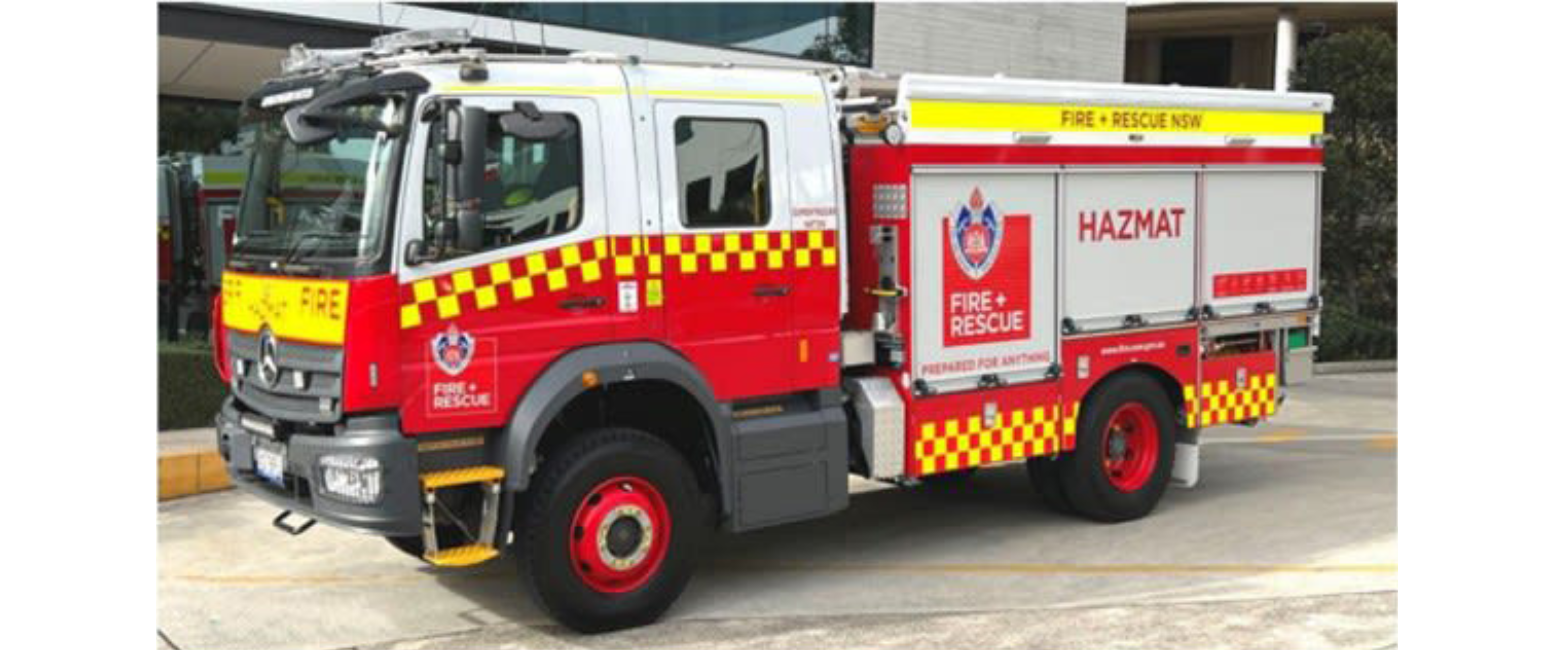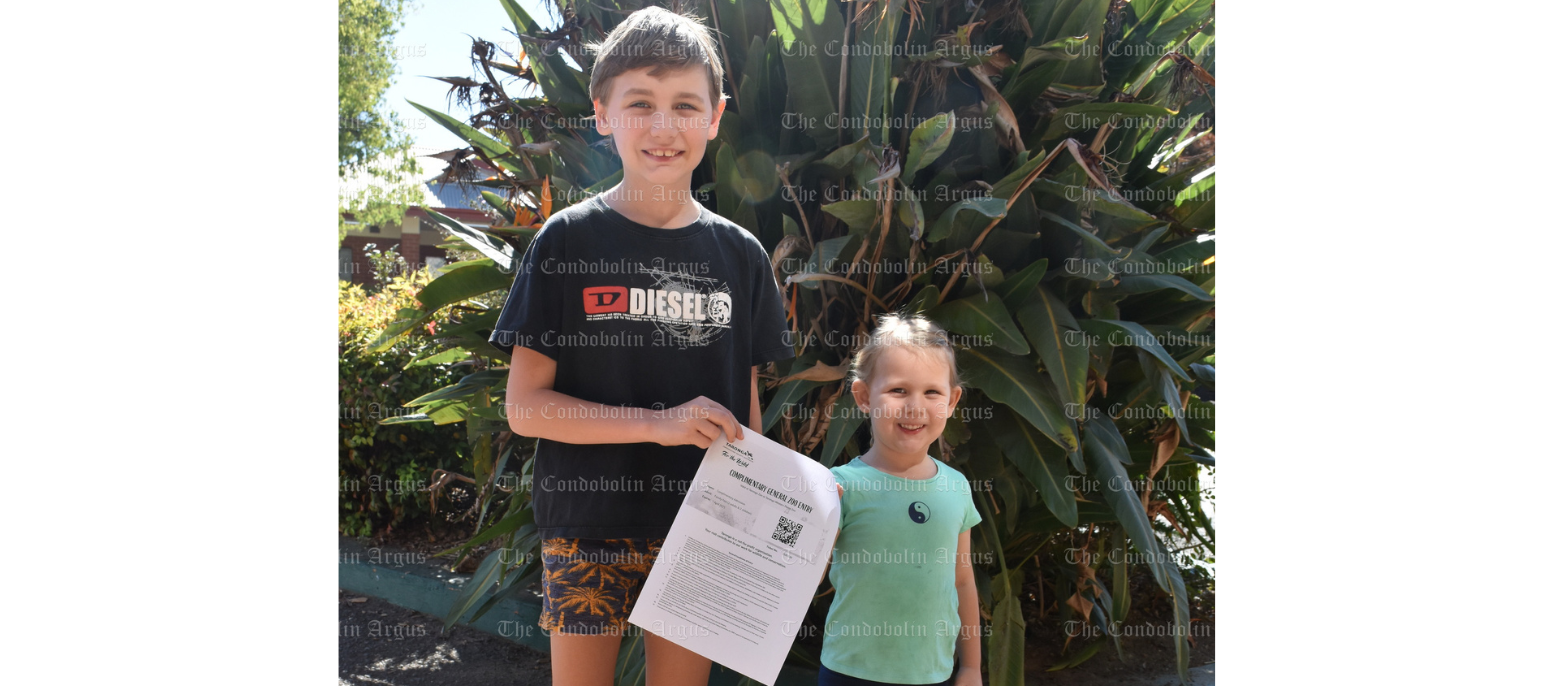KULAY KALINGKA STUDY LAUNCHED IN CONDOBOLIN
A first of its kind study exploring cancer in First Nations Australian communities has begun data collection with the launch of the Kulay Kalingka study.
Launched at the Wiradjuri Condobolin Corporation in Condobolin on Tuesday, 11 July it will aim to fill important gaps in understanding experiences of cancer.
Elder, Uncle Dick Richards, delivered the Welcome to Country, and the Galari Bila Waga Dhaanys group performed three traditional dances.
This was followed by a number of renowned speakers including Professor Tom Calma AO, Associate Professor Lisa Whop (Associate Director of the National Centre for Aboriginal and Torres Strait Islander Wellbeing Research), Yirrganydji and Nughi artist Nicole Chatfield; Project lead – Kulay Kalingka, Shavaun Wells, CEO of Cancer Australia, Dorothy Keefe, and Wiradjuri Condobolin Corporation General Manager Ally Coe.
The Kulay Kalingka study led by the Aboriginal and Torres Strait Islander research team at the ANU National Centre
for Aboriginal and Torres Strait Islander Wellbeing Research, will gather information about First Nations’ experiences of cancer where no data currently exists.
Cancer ranks as the fourth major contributor to the burden of disease within the Indigenous community.
Funded by the Australian Government, specifically Cancer Australia, this study is uniquely designed, governed, and controlled by Indigenous Australians.
“The Kulay Kalingka cancer study arose from Aboriginal and Torres Strait Islander community needs, to better understand cancer attitudes, beliefs and experiences and from calls for the inclusion of First Nations patients, families and communities in cancer research,” Professor Ray Lovett from ANU explained.
“The study has been designed by the Aboriginal and Torres Strait Islander community over two years. Community partners have raised access to appropriate information and screening along with culturally appropriate treatment as important to achieving health equity.”
While Australia’s cancer survival rates are among the best in the world, Aboriginal and Torres Strait Islander people experience higher incidence and cancer mortality rates, and lower participation rates in bowel, breast, and cervical cancer population screening programs.
The collection of up to 3,000 stories told by Aboriginal and Torres Strait Islander peoples as part of this study will provide the evidence needed to inform the Government’s policies, programs, and services to improve cancer outcomes.
“The Australian Government welcomes the next stage of the Kulay Kalingka cancer study as an important addition in our efforts address cancer control for all Australians,” Assistant Minister for Indigenous Health, Senator the Hon Malarndirri McCarthy, stated.
“Improving the health of our First Nations people and Closing the Gap is a national priority, including understanding and improving cancer outcomes in the cities, towns and the bush.
“For the first time, across Australia, Aboriginal and Torres Strait Islander people will be asked about their cancer beliefs and attitudes, experiences, engagement with cancer screening programs, cancer treatment, cancer diagnosis, and caring responsibilities.”
The results of the study will inform the implementation of the soon to be released Australian Cancer Plan.
“Achieving equity in cancer outcomes for Aboriginal and Torres Strait Islander people is the most significant ambition of the soon to be released Australian Cancer Plan,” CEO of Cancer Australia, Professor Dorothy Keefe, said.
“The Plan emphasises Aboriginal and Torres Strait Islander peoples’ leadership and co-design in policies, programs, and services.
“It is essential that data about attitudes, beliefs and experiences of cancer be developed by and for Aboriginal and Torres Strait Islander people.”
Further information about the study is available at https://kulaykalingkastudy.com.au/
Latest News
Amazing results
Condobolin Public School’s Cleo Whiley is the seventh fastest 11 [...]
Tyreese begins his Boilermaker journey
Tyreese Colliss, a Lachlan and Western Regional Services Incorporated Supported [...]
Scholarships awarded
Several Condobolin High School students were recognised with Condobolin RSL [...]
Burrawang Park works complete
Council is pleased to advise the upgrade of Burrawang Park [...]
New fire engine for Condobolin
A new, multi-purpose tanker will help local firefighters protect Condobolin [...]
Lucky winners!
Nathaniel and Lexie Saunders were the lucky winners of the [...]



























